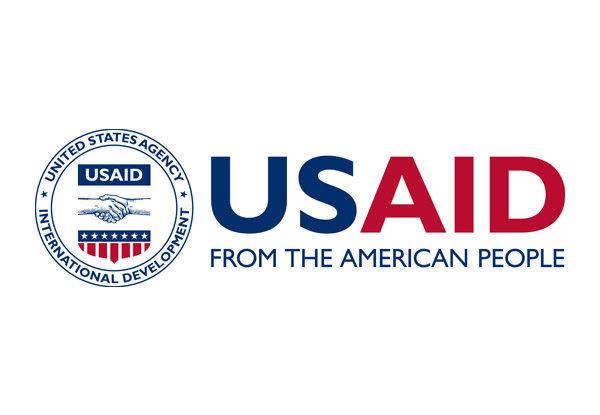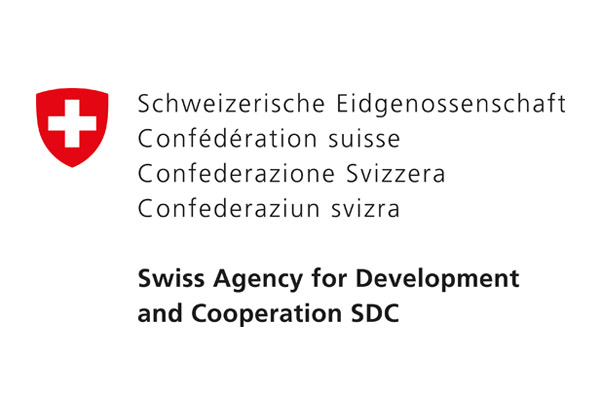Legal
Open information policy
Approved 1 December 2023.
This policy is subject to change in accordance with new legislation and supersedes any earlier dated policy, procedure, agreement or arrangement.
It is based on UK legislation, the principles of which are applied in all locations where GNDR operates, unless local legislation gives greater provision or protection.
1. Purpose
GNDR’s organisational values include “transparency and mutual accountability”, and “trust and openness to listen, share and learn from each other to build consensus and mutual understanding”.
GNDR is committed to transparency and accountability in our work and relationships. We believe information is power, and that transparency empowers the members on whose behalf the secretariat and the board work. This improves collaboration, as members understand our work better and how it can best contribute to their efforts, and accountability, as with proper information stakeholders can hold GNDR to account for their performance.
We believe that our members, supporters, partners, and the other individuals and organisations with whom and on behalf of whom we work, have a right to know about what we are doing. In turn, being open and honest promotes our own learning and continual improvement, helping us to build and strengthen our work and fight any perception of inappropriate activity.
Being transparent and accountable is also important for GNDR since we campaign for policy makers and governments to be more open and transparent with their information, so that they in turn can be held accountable.
The Open Information Policy sets out what information we make publicly available, how we decide what information to share, and how this information can be accessed.
2. Scope
Our role as a network informs how we respond to requests for information and what types of information we actively prioritise to make available. Key in this process of prioritisation is for us to ask: “Will making this information available help the GNDR network fulfil its purpose of collaboration and engagement between stakeholders in order to increase community resilience and reduce disaster risk?”
The response to this question underlies our broader approach to information sharing.
The Information which is subject to this policy can be divided into six classes:
- Statutory documents (eg Memorandum and Articles of Association or annual audited accounts)
- Information which explains how the organisation is run (eg Governance Manual, GNDR strategy, and membership guidelines)
- Information about members and partners
- Policies which show our commitment to good practice (eg anti-fraud, safeguarding, privacy notices)
- Documents and information which accurately reflects the performance of the organisation (eg annual report; members’ surveys; evaluations)
- Reports, or other evidence, which show that the secretariat, trustees, board members and network are working effectively to achieve disaster reduction
In this policy “information” refers to documents including manuals, reports, and policies, (either electronic or hardcopy), as well as images, videos, voice recordings, and datasets drawn from research, many of which are found on our website.
3. Audience
The primary accountability of the trustees, global board and secretariat is to the members of GNDR. We reach these organisations and individuals directly.
Other stakeholders include donors and other partners. With this policy we wish to:
- Ensure our members know the organisation and how it is performing
- Prove our credibility to donors, partners, and wider civil society
- Ensure staff recognise the integrity of their employer and that they are empowered by the information available to work more effectively
As a network, our normal way of implementing projects is through sub grants made to member organisations, and so GNDR has no field has no field programmes or direct connections with communities or beneficiaries. This policy reflects this, though changes in our priorities or activities may catalyse a change in this policy.
4. Implementation
4.1. Means of disclosure
GNDR aims to ensure audiences can easily access the information they require. Most of our stakeholders have access to the internet so the majority of information will be posted on our website or the Community Platform for members. GNDR runs events in most regions of the world, and information will also be shared during these.
GNDR is committed to producing all materials in English. Spanish and French translations for most materials that have also been produced and will continue to be produced where resources and pragmatism justify this. Where the project or audience requires it, materials may be produced in other widely-spoken languages such as Arabic or other national languages.
4.2. Non-disclosure
GNDR has a presumption of transparency, rather than privacy. The organisation’s key criterion for the decision not to disclose any information will be the impact on our mission. Specific reasons include:
- Confidentiality: because of legal, commercial or contractual reasons
- Data protection: if it relates to the compromises the privacy of individuals as set out in our Data Protection Policy
- Harm to operations: if we judge it might compromise our ability to carry out our mission or our obligations to our members
- Cost and resources: if the costs or resources involved in obtaining or disclosing it are excessive
4.3. Re-use of information
Part of GNDR’s mandate is to promote the sharing of information and knowledge on risk-informed development. As such we encourage the sharing and re-use of our information. GNDR publications are copyrighted and where content is reproduced in part or whole, or translated into national languages, then recognition should be given to GNDR as the author.
4.4. Contact
All information about GNDR, our activities and funding is published on this website. For general enquiries on information you cannot find on the website please contact GNDR secretariat on info@gndr.org or +44 (0)208 977 7726.
If you have a formal request for specific information that cannot be answered through general enquiries please send your request in writing to info@gndr.org with “For Attention of Company Secretary” in the subject line. We endeavour to respond promptly. All requests made to the company secretary will be responded to within 40 working days, unless there is a compelling reason why this is not practical.
GNDR constantly seeks to improve the quality of the information provided. If you have feedback, either positive or negative, on our provision of information, please get in touch on: info@gndr.org.
Contact us
If you’d like to get in touch with us, or have any questions about our work please contact us.
Contact us


